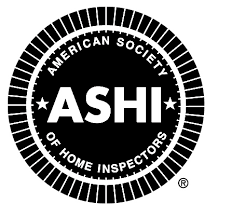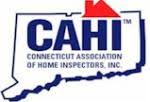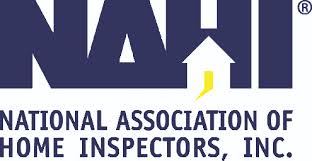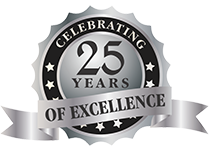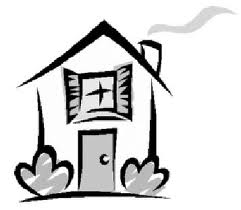 INSPECTIONS
INSPECTIONS
Purchasing a home is often one of the largest investments in life. As such, we recommend that you get your "rent-to-own" home inspected. That way you are informed of the condition of the house and any issues or potential issues. The inspection also gives you a measure of protection against entering into something that may not seem so good 'under the surface'. Inspections are optional - not required and you have the right to waive any inspection rights you may get. In some cases, this option is the best choice but in most cases, an inspection is the wisest choice. Listed below is information on inspection contingencies, inspection items and inspector qualifications.
|
Inspection Contingencies An inspection contingency is in layman's terms, an 'escape clause', in other words, a way to get out of the deal without losing any deposit funds put down to hold property for closing. In the case of a "rent-to-own", 'closing' refers to the "front end", the start of the lease/option term. The terms of the inspection contingency vary but typically are 7-15 days with a 3-7 day notification period after inspection completed to send in an inspection acceptance or non-acceptance report. If you do not accept the inspection, an agreement could be worked out to rectify the issues of the inspections or you could use the escape clause and get out of the deal without losing your deposit money. Note: some transactions require some form of non-refundable 'reservation deposit'. In these cases, these funds would not be refunded. Also, depending on the condition of the property and/or other terms, an inspection contingency could be unavailable or limited. In these cases, inspections are for buyer informational purposes only and, even if only in that respect, are still valuable. One final point about "rent-to-owns" and inspections. Any inspections MUST be done before the start of the lease/option term and not at time of exercise of option (which may never come). Once the lease/option term starts, the property condition is considered accepted and no further inspection contingencies are permitted. |
Inspection Items - What to look for in an inspection Listed below are the top 10 property conditions (and warning signs) that most often lead to disputes:
|
Inspection Items - What to look for in an inspector Just as we have our 'Golden Needle in a Haystack' lending team, when you choose an inspector, they should also be of 'golden needle' standards. This means that the inspector should be certified by the Connecticut Home Inspection Licensing Board and upon request, be willing to provide a disclosure stating this information. License Types - There are 2 types of home inspection licenses in Connecticut:
Certification - There are many different home inspection certification organizations (ASHI, CAHI, NAHI, ITA, NACHI and others). While all of these are good, 2 important ones are ASHI - American Society of Home Inspectors and CAHI - Connecticut Association of Home Inspectors. It is recommended that inspectors have these kinds of certification. |
Do your Home Inspection Due Diligence... Before hiring a Home Inspector, it is recommended that you ask the following questions:
For your protection (and also all other parties involved) it is recommended that you do your due diligence when it comes to inspections and choice of inspector as the laws of negligence in issues arising from home inspection cases can be up to 6 years ! |
Finally, just like we have our "Golden Needle in a Haystack" lending team, we have our "Golden Needle" Home Inspectors. These are inspectors who are fully and properly certified, charge reasonable rates and have performed well during inspections where we have personally worked with them. Click on the company name or logo for full information on provided services. |
|
|
Well, that's it for inspections. If you have any questions, |


